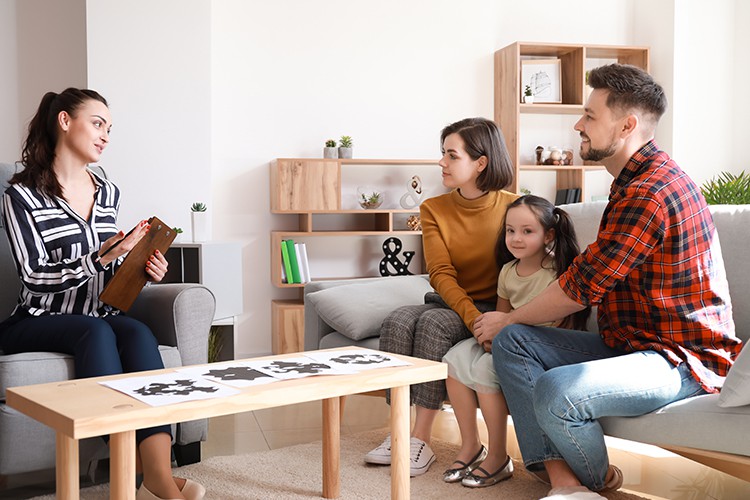Family Support Program in Ontario
Addiction almost never affects only the addicted person. Those close to them can be deeply impacted as well. This can include a spouse or life partner, children, parents and siblings, coworkers or classmates, and close friends. As the addiction progresses, these relationships begin to crumble, until they eventually fall apart.
CALL OUR TOLL-FREE HELPLINE NOW AT 1-855-929-4045 or SEND US A MESSAGE
The Goal Of Family Support Program
Engaging the family provides a way to start the process of healing relationships, and letting go of those that can’t. Family members who live with you, and close friends and who are a significant part of your life are welcome to participate.
The goal of our comprehensive treatment program is to support not only the person with the addiction, but those in their inner circle who are feeling hurt, overwhelmed, afraid, angry, or sad. Families can also learn how to work as a unified team as they deal with challenges like bereavement, job loss, spousal separation, trauma, and other stressful life events.
These educational sessions are offered virtually, and give families and loved ones a chance to learn more about addiction and how to provide support, without the individual impacted by addiction present. The goal is for all participants to be actively committed to the process, while also looking out for their own well being.
It should also be noted that not all relationships can or should be saved. For example, if the addiction stemmed from domestic abuse, it would not be beneficial for the recovering person to return to that abusive relationship. Instead, they should be supported through the process of letting that relationship go and establishing a new life in a safe environment.
Learn More About Our Family Support Program — Contact Us Now


How The Virtual Family Support Program Works
This 6-week program, which can be started any time on a rolling basis, is conducted as an online meeting over Microsoft Teams, with 60 minutes of content and 30 minutes for Q&A. Resources are provided at each session to assist you in connecting with community groups and additional family/individual support sessions as needed.
Weekly topics:
- Psychoeducation and Neuroscience Around Addiction
- Family Systems
- Attachment
- Boundaries
- Effective Communication
- Emotional Regulation/ Distress Tolerance Skills
This program is not a replacement for therapy (individual or family), or other community supports. Rather, it is intended to provide additional support on top of these other important tools. In order to maintain patient confidentiality and overall group safety, the facilitator will not answer questions that are specific to a particular client.
Is Support for Family Always Part Of Addiction Treatment?
For the majority of our clients’ families, our support program a productive, positive process that contributes to recovery and sets the family up for long-term success.
As an optional component for families and loved ones, sometimes there isn’t someone willing to participate in the process, and sometimes their participation may stand in the way of the client’s recovery efforts. Our care team is happy to discuss options and what’s best for each individual.
If families require more intensive therapy for substance abuse, additional virtual options may be explored.
Get Started With Family Support at 1000 Islands


